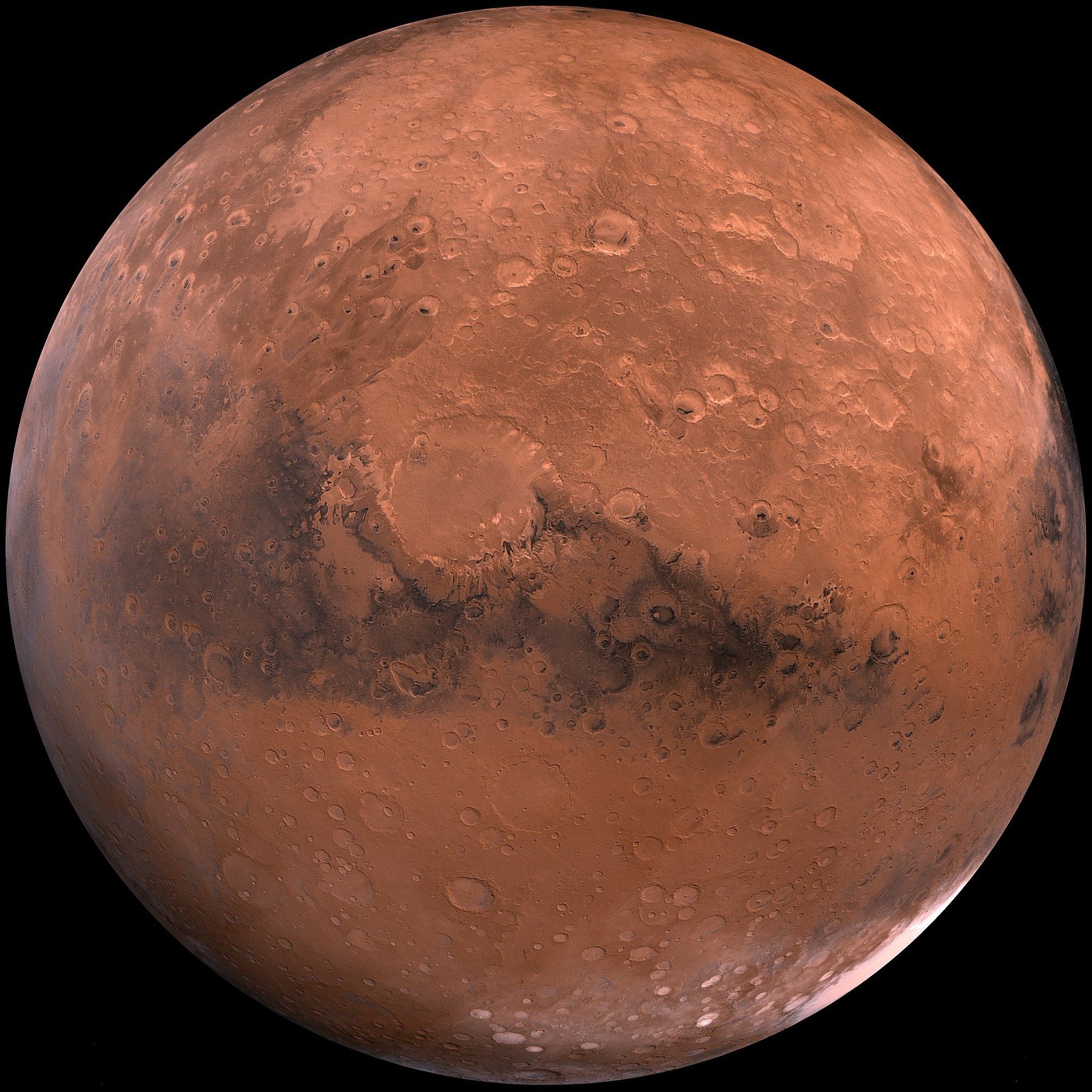
The Space Studies Board of The National Academies of Sciences, Engineering and Medicine serves as an independent, authoritative forum for information and advice on all aspects of space science and applications. The publications from this board help to inform NASA’s Mars Exploration Program as it studies the geological processes that have shaped Mars through time, the potential for Mars to have hosted life, and the future exploration of Mars by humans. As always, all are free to read online or download.

Pathways to Exploration: Rationales and Approaches for a U.S. Program of Human Space Exploration
The United States has publicly funded its human spaceflight program on a continuous basis for more than a half-century, through three wars and a half-dozen recessions, from the early Mercury and Gemini suborbital and Earth orbital missions, to the lunar landings, and thence to the first reusable …[more]

Visions into Voyages for Planetary Science in the Decade 2013-2022: A Midterm Review
In spring 2011 the National Academies of Sciences, Engineering, and Medicine produced a report outlining the next decade in planetary sciences. That report, titled Vision and Voyages for Planetary Science in the Decade 2013-2022, and popularly referred to as the “decadal survey,” has …[more]

Planetary Protection Classification of Sample Return Missions from the Martian Moons
An international consensus policy to prevent the biological cross-contamination of planetary bodies exists and is maintained by the Committee on Space Research (COSPAR) of the International Council for Science, which is consultative to the United Nations Committee on the Peaceful Uses of Outer …[more]

Review of the MEPAG Report on Mars Special Regions
Planetary protection is a guiding principle in the design of an interplanetary mission, aiming to prevent biological contamination of both the target celestial body and the Earth. The protection of high-priority science goals, the search for life and the understanding of the Martian organic …[more]

Assessment of Planetary Protection Requirements for Mars Sample Return Missions
NASA maintains a planetary protection policy to avoid the forward biological contamination of other worlds by terrestrial organisms, and back biological contamination of Earth from the return of extraterrestrial materials by spaceflight missions. Forward-contamination issues related to Mars …[more]

Vision and Voyages for Planetary Science in the Decade 2013-2022
In recent years, planetary science has seen a tremendous growth in new knowledge. Deposits of water ice exist at the Moon’s poles. Discoveries on the surface of Mars point to an early warm wet climate, and perhaps conditions under which life could have emerged. Liquid methane rain falls on …[more]

An Astrobiology Strategy for the Exploration of Mars
Three recent developments have greatly increased interest in the search for life on Mars. The first is new information about the Martian environment including evidence of a watery past and the possibility of atmospheric methane. The second is the possibility of microbial viability on Mars. …[more]

Preventing the Forward Contamination of Mars
Recent spacecraft and robotic probes to Mars have yielded data that are changing our understanding significantly about the possibility of existing or past life on that planet. Coupled with advances in biology and life-detection techniques, these developments place increasing importance on the need …[more]

Assessment of NASA’s Mars Architecture 2007-2016
The United States and the former Soviet Union have sent spacecraft to mars as early as 1966, with Mars’ exploration being priority for NASA spacecraft. Both sides, however, have failed as well as succeed. The inability to determine if life exists on Mars is considered one of NASA’s failures and …[more]

Assessment of Mars Science and Mission Priorities
Within the Office of Space Science of the National Aeronautics and Space Administration (NASA) special importance is attached to exploration of the planet Mars, because it is the most like Earth of the planets in the solar system and the place where the first detection of extraterrestrial life …[more]

Safe on Mars: Precursor Measurements Necessary to Support Human Operations on the Martian Surface
This study, commissioned by the National Aeronautics and Space Administration (NASA), examines the role of robotic exploration missions in assessing the risks to the first human missions to Mars. Only those hazards arising from exposure to environmental, chemical, and biological agents on the …[more]

The Quarantine and Certification of Martian Samples
One of the highest-priority activities in the planetary sciences identified in published reports of the Space Studies Board’s Committee on Planetary and Lunar Exploration (COMPLEX) and in reports of other advisory groups is the collection and return of extraterrestrial samples to Earth for study …[more]

Recommendations on Quarantine Policy for Mars, Jupiter, Saturn, Uranus, Neptune, and Titan [more]

Biology and the Exploration of Mars
Until recent years the origin of life and its possible occurrence elsewhere in the universe have been matters for speculation only. The rapid growth of molecular biology since 1940 has, to be sure, made it possible to discuss life’s origins in far more precise and explicit terms than was …[more]





